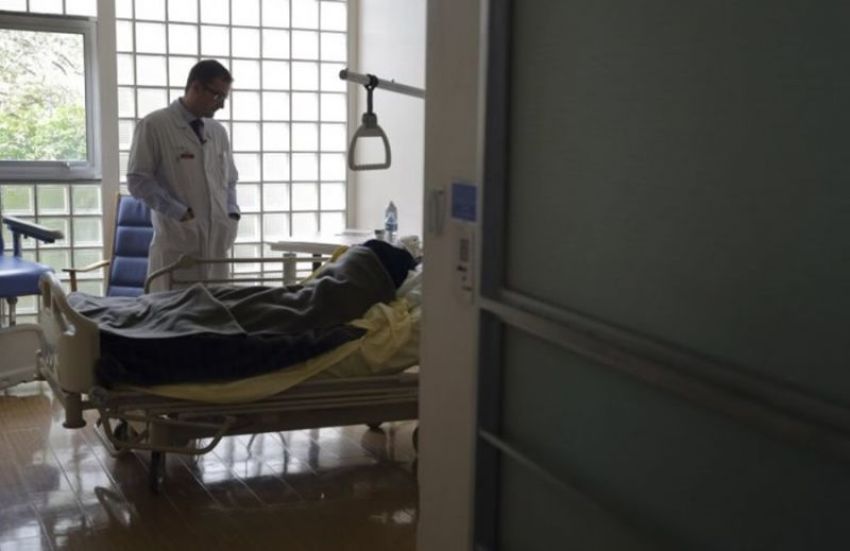Pushing doctor assisted suicide to increase organ transplants is wrong, doctor says

A Canadian newspaper recently touted that one of the benefits of physician-assisted suicide is the increasing number of organs that are made available for people who need a transplant to survive. But justifying the killing of one person to extend the life of another raises concerns for one bioethicist who says the practice disregards the value of the donor.
Amid increasing acceptance and legalization of euthanasia and physician-assisted suicide — often euphemistically referred to as medical aid in dying (MAiD) or death with dignity — the Ottawa Citizen reported that Ontarians who choose to end their lives through such means are also saving or improving the lives of others by including tissue and organ donation in their final wishes.
"Every 'new' effort to increase organ supply seems to consider recipient need and not the dignity of the donor, said Dr. Greg Rutecki, an emeritus at the Cleveland Clinic Internal Medicine program and emeritus fellow at the Center for Bioethics and Human Dignity, told The Christian Post.
"Prior to this innovation, that is, using persons who have opted for death-hastening measures, the last attempt was utilizing persons declared dead by cardiac criteria, not brain death," Rutecki said, adding that it's crucial people understand that two human beings are involved in a transplant: the donor and the recipient.
A term used when the dying process is manipulated to get healthier organs for the recipient, possibly at the risk of the donor’s health and well-being, is called "titration of death.”
"The initial period was comprised of how long after cessation of heart beat a person was dead and not dying. As things progressed, the organs from these donors were compromised by ischemia (decreased blood supply) and in many instances were not useable. But in this context, recipient need was considered a priority in contrast to donor dignity," Rutecki said.
"The ethical concern is that the dying process of the donor will be compromised in favor of a good organ, making the recipient more important than the donor. Rather than a dying experience with family and friends. The transition becomes a medical-technological spectacle, in essence focusing on a recipient and his/her organs rather than a human being who is dying."
The Ottawa Citizen described this practice as a "growing boon" in organ donation, reporting that "MAiD patients in the province accounted for 18 organ and 95 tissue donors, a 14 percent increase over 2018 and a 109 percent increase over 2017."
The article went on to explain that those who opt for MAiD are suffering from terminal diseases but are cognizant and able to make such decisions.
As an example, the publication cited the story of a woman who had been on dialysis for over 40 years and died in July 2019. The woman, Heather Janack, was quoted as recalling her "sense of elation" that her organs might be used to alleviate the suffering of someone on a transplant waiting list. Janack had worked for the Attorney General of Ontario whose office helped write the MAiD laws.
Medically-assisted death was decriminalized in Canada in 2016, but in September 2019 the Quebec Superior Court ruled that aspects of the MAiD regulations were unconstitutional.
Because dialysis patients suffer from conditions that compromise organ health, Rutecki does not believe the woman described in the Ottawa Citizen article would have healthy organs to donate to someone else. He said the article essentially set up a "straw man" as she was not a “poster child” for organ donation whatsoever.
While physician-assisted suicide used to be seen as unethical, "now people are trying to show that the victim of such a ghastly process can serve some good (donating an organ)," Rutecki said. "Those people do not need to donate an organ to be worthwhile. They were created in the image of God, and that alone is enough."
U.S. states that allow physician-assisted suicide include: Maine, Vermont, New Jersey, Washington state, Oregon, California, and Hawaii, along with the District of Columbia. Montana does not have a state law on the books but the option is legal in the state following a state Supreme Court ruling.



























